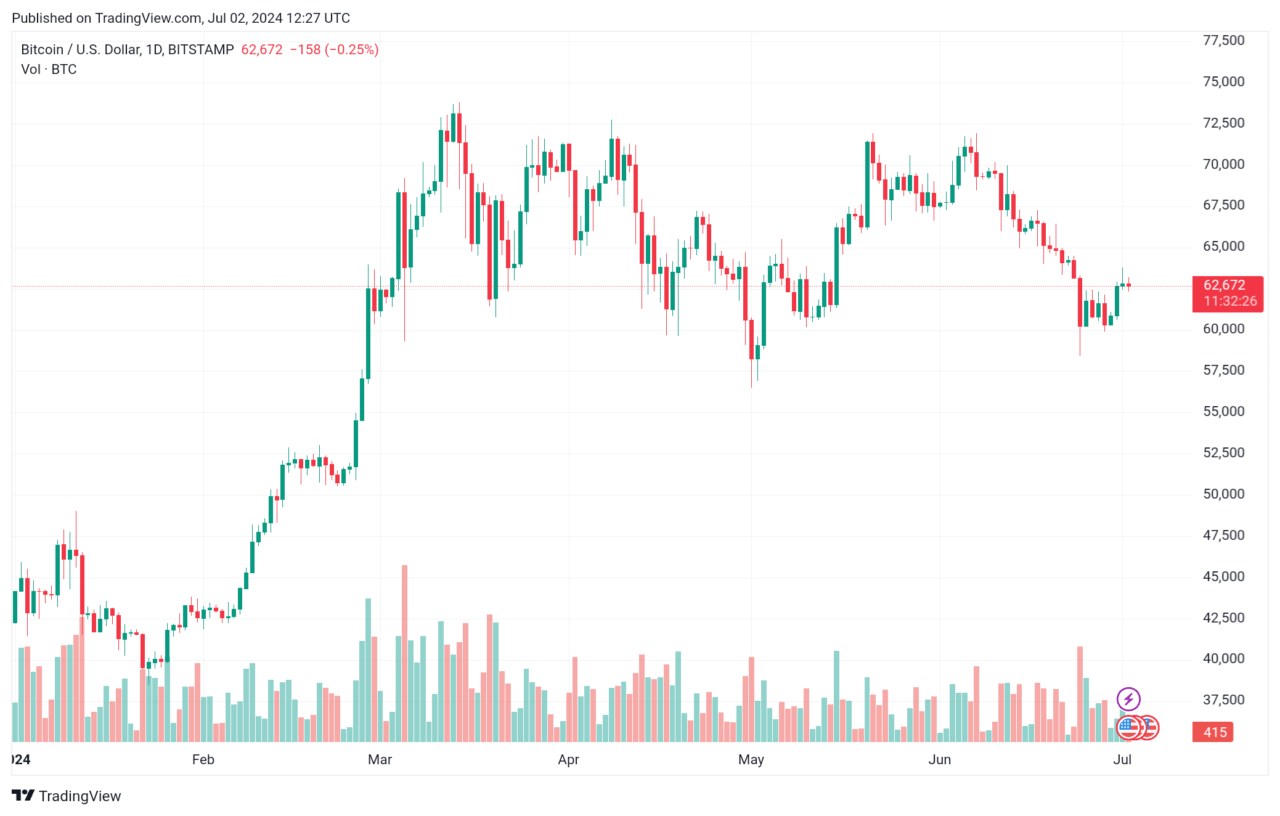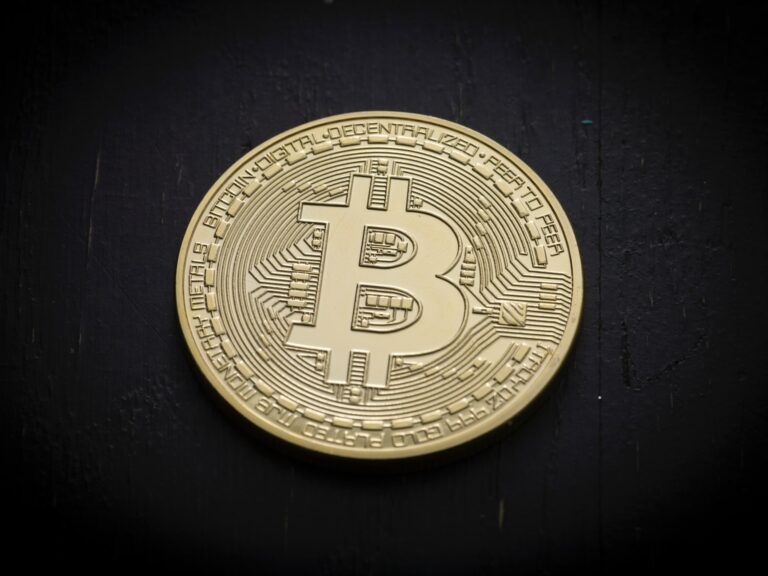According to a report by MacKenzie Sigalos and Ryan Browne for CNBC, a decade after its collapse due to a major hack, the bankrupt Bitcoin exchange Mt. Gox is set to return nearly $9 billion worth of bitcoin to its users, raising concerns among investors.
CNBC reports that Mt. Gox, once the largest Bitcoin exchange globally, went under in 2014 following heists that led to the loss of approximately 650,000 to 950,000 bitcoins, valued at over $59 billion at current prices. The impending payout follows a prolonged bankruptcy process marred by delays and legal challenges, as detailed by CNBC.
CNBC notes that the court-appointed trustee overseeing Mt. Gox’s bankruptcy proceedings announced that distributions to the roughly 20,000 creditors would begin in early July. These disbursements will include a mix of Bitcoin and Bitcoin Cash. While this is positive news for the victims who have waited years for restitution, it has already impacted Bitcoin’s market price, which dropped to $59,000 last week during one of the year’s worst weekly declines, CNBC highlights.

Analysts that CNBC spoke to predict that the release of approximately 141,000 bitcoins, representing about 0.7% of the total supply, could exert additional downward pressure on Bitcoin prices.
John Glover, chief investment officer at Ledn, suggests that many Mt. Gox users will likely sell their reclaimed Bitcoin to lock in substantial gains. James Butterfill, head of research at CoinShares, echoed these concerns, noting that the market is highly sensitive to news of such significant releases.
Historically, large-scale redemptions from centralized trading platforms have influenced Bitcoin’s price, as CNBC points out. Last month, Gemini returned over $2 billion worth of Bitcoin to users, contributing to negative price movements, CNBC observes.
Despite these concerns, some analysts believe the impact will be short-lived, CNBC mentions. Jacob Joseph, Research Analyst at leading digital asset market data provider CCData, argues that the market has sufficient liquidity to absorb these sales, and many creditors may opt for early repayment, reducing overall selling pressure:
“… a healthy part of the creditors are likely to take a 10% haircut on their holdings to receive the repayment early, and not all holdings are set to be liquidated on the open market, reducing the overall selling pressure.“
Featured Image via Unsplash









